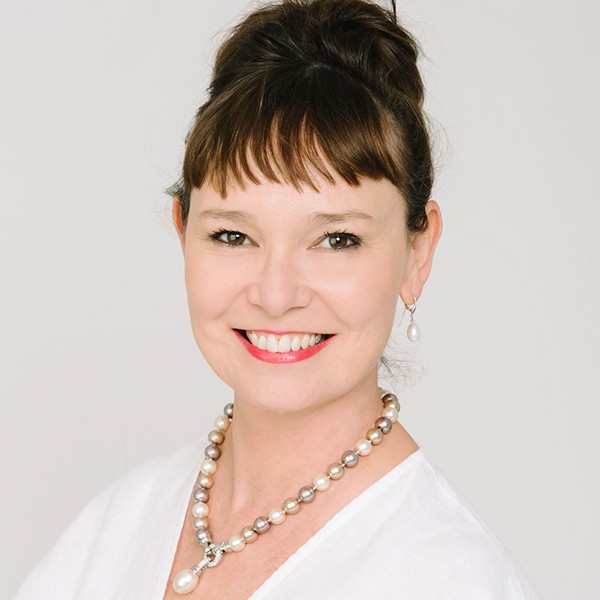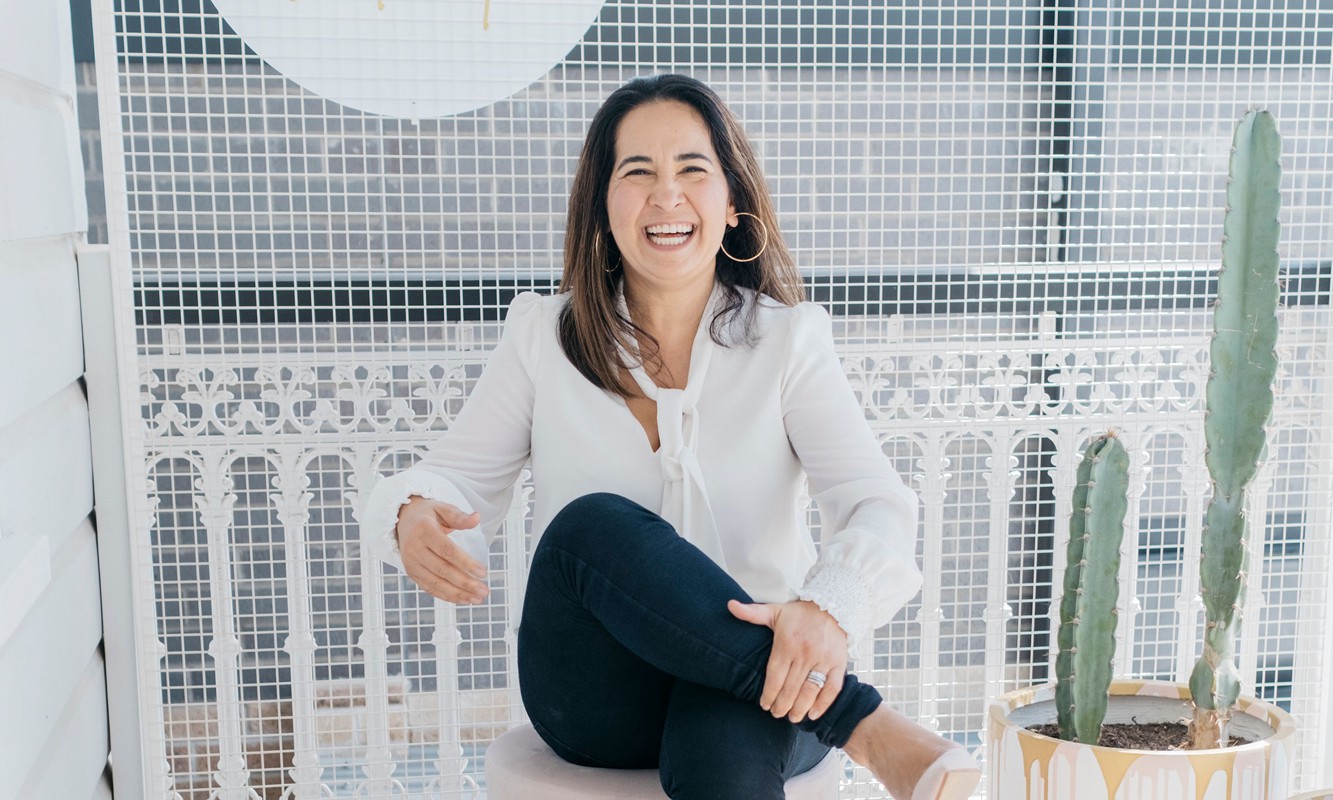“COVID was a great kick in the butt to be active and mindful about technology to connect with clients. [It] was a trigger for deeper thought … There were plenty of light bulb moments.”
Matthew Russell is a partner with Nicholsons Solicitors – one of the oldest law firms in Queensland specialising in property law, commercial law and litigation.
Matthew Russell
With more than 125 years of offering legal services, Nicholsons has faced and navigated the impacts of many events. I sat down with Matthew to discuss the firm’s more recent journey, along with its vision for the future.
CH: What was the impact of COVID on the firm?
Matthew: COVID was challenging! There was uncertainty about how long it would last; we weren’t sure about the landscape. For our employees, we had remote access in place. We had been doing test runs with the technology in place for the weeks leading up, especially with the meeting platforms – this was key. We couldn’t have team meetings face-to-face, so we had to adapt and change.
COVID was a great kick in the butt to be active and mindful about technology to connect with clients, especially confidential communication and ensuring we moved to secure platforms for client communication. The technology systems were also really important for excellent service to our clients.
We embraced the technology – it was at the forefront of our client interactions, especially with docu-sign, the electronic signatures. This was invaluable and meant that clients could access or send documents on secure communications channels. This was such an important element – clients needed to feel secure and confident with the platform we use. Cyber hacking in Queensland legal practices has risen and clients are aware of this – they know that a brief or mail may be hacked. We were very quick to adopt these security practices.
CH: What about the use of technology more generally?
Matthew: We see technology as innovative tools for business development and marketing – we can send articles, blogs and event details. We also established an intranet for employees to work collaboratively together. We now communicate better with our staff and have made a conscious effort to do this. If we didn’t, we would not be doing right by our staff and building a supportive culture.
CH: 125 years’ continuity is a great track record for a law firm! Clearly there is a great approach within the firm to positively leverage intergenerational change. What are some of your approaches here?
Matthew: How do you deal with older partners and newer employees who are younger? Our partners are people who have contributed incredible value to the firm! Sure, there are challenges, but you cannot have the same processes in place that we did 15 years ago. We must adapt. We have to look at what motivates younger employees; we need to engage them – there are key ways we do this:
- Recognition
We are focused on recognition of our staff. This is one of the driving forces that motivates many professionals. We do this through honouring our staff members – all of our staff. We celebrate their achievements.
We also make communication a priority within the firm. What I mean by this is that we have implemented a range of channels for communication, including opportunities for confidential and private conversations. We also have an all-staff email so that everyone is up to date on the business of the firm. And we have a public forum.
This all goes a long way towards supporting a great firm culture! It brings clarity and accuracy about what is driving the firm. These communication channels also facilitate junior staff to put forward improvements that all lead to strengthening the firm – making it even more sustainable. - Flexibility
There is no question that younger staff want flexibility and work/life balance. This is regularly acknowledged as one of the best things – flexible hours. At Nicholsons, staff can work from home remotely. They can do this a couple of days a week. Life happens! Sick kids! Cars break down! Moving house! We can deal with it – staff can work from home. This is important that staff work in an environment that is flexible to what is happening on the ‘life’ front.
It also links back to the recognition that staff are trusted and respected. Sure, working from home can bring challenges, so we have implemented strategies to minimise impacts. We make sure there is mentoring and connecting with staff through video platforming, regular meetings – it’s all about communication that is appropriate and supportive. - A culture of growth and leadership
We focus on creating a culture that develops growth and leadership to move the firm in the right direction. Partners do separate leadership courses led by expert consultants – we want to become better leaders, mentors, and communicators. There is absolutely an understanding that this involves the development of skillsets that are different to those associated with being a great lawyer.
We made a conscious effort two years ago to bring in consultants to focus on our leadership and what we wanted the firm to look like in the future. COVID was a trigger for that deeper thought. Going through COVID with the consultants connected with us – there were plenty of light bulb moments.
We looked at business development in our capacity as leaders; we wanted to be consciously going in the right direction. That included how we interact with staff and partners, including the difficult conversations, for the betterment of the firm. Six partners were part of this; they acknowledged that this was important and part of adapting – they fully participated and engaged.
One of the actions from this process is that we needed to be more mindful of culture and communications. It was difficult with six partners. They are all trained in law as a profession, and that is all they want to do! They have that expertise, but they also realised how important other skills were.
We also encourage a culture of accessibility to our partners, as well as collegiality and communication. We have ‘town hall meetings’ monthly, run as a morning tea. This approach originated as part of the consultants’ recommendations. The partners coordinate this event, and we try to get the entire law firm together.
Everyone has the chance to ask questions and be included on where the firm is going. Everyone can put their hand up – it’s encouraged! It’s inclusive! If someone does not want to directly ask a question, then there is the ‘town hall box’. Younger staff, if they are not comfortable, can use it anonymously and feel ‘heard’. What we are finding, though, is that everyone is happy to speak out. We brought in both events to improve communication – it gets us away from emails and formality! Younger staff relate to this. - Environmental sustainability
A key approach with our intergenerational change involves environmental sustainability. We have been proactively moving to a paperless office for sustainability. This links into intergenerational change. Our partner, who is 70, was used to only working from paper, so facilitating change was achieved by innovatively using technology that wasn’t too much of a leap from where someone is very comfortable.
We have brought in iPads with Apple pens, so that the familiar writing experience brings comfort, and the full benefits of technology. Now, when they write – with two clicks – it is all saved to file. We are not printing off huge amounts of paper. This is a better way to be conscious of the environment and also means we are online and operating electronically. It is more efficient and has improved our client engagement and responsiveness – there have been great benefits all round.
Final insights
Matthew’s insights reveal that Nicholsons, for over 125 years, has proactively adapted, prospered and grown. What sets the firm apart is its approach to adaptation and growth. The promotion of careful thought, access to expertise, and a deep respect for people – both staff and clients, has meant that the core values that drive the firm are continued.
It has also meant that ‘prosperity’ has included that of clients and staff, and therefore it too has been sustained. Growth has been controlled and careful, rather than growth for its own sake. Even the more recent commitment to environmental measures is truly aligned with the firm’s values, which identifies with the power of sustainable systems seeking quality and longevity.
“There is recognition that each and every member of the firm of Nicholsons is part of a history and future that has enjoyed continuity apart from its members,” Matthew said. “The present staff are custodians of something that is valuable and valued.
“Such a perspective has meant that ego and grandiosity are not needed. Neither have stood in the way of the ability to adapt and successfully meet a new and emerging future.”
The Future Ready research project sponsored by Queensland Law Society is investigating how sole, micro, small and medium law firms can better survive and thrive in today’s climate of dynamic change.
Take just 30 minutes of your time and contribute to Queensland’s Future Ready legal profession. The survey focuses on a wide range of factors influencing the profession, including COVID, technology, and intergenerational impacts.
Be part of Future Ready and have your say by completing the survey.















Share this article